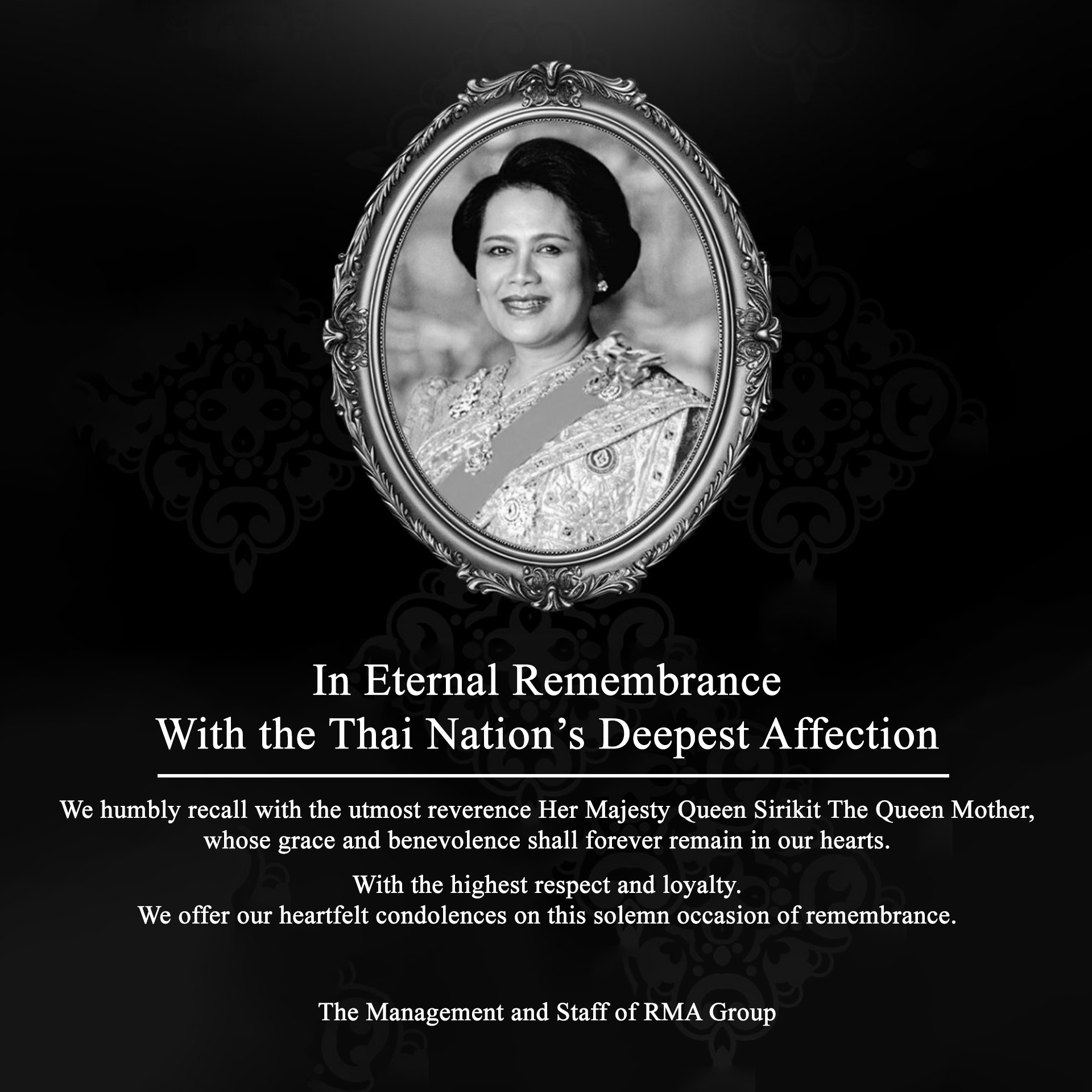The business world is changing rapidly. And the faces of many companies are changing along with it. Leadership positions are no longer exclusively held by the company’s elder statesmen. Increasingly, more relatively young people have been taking the helm of their organizations.
According to a recent report, 19% of all small business owners in the United States are under the age of 40. While these numbers are not as high among larger and more established firms, there is no doubt that more relatively young employees will be finding their way into the C-suite in the coming years. With thousands of baby boomers retiring every day, the majority of the workforce will be comprised of millennials by 2030.
All eyes on the leader
To prepare themselves for the leadership jobs of tomorrow, ambitious young workers would do well to heed the advice of their elders.
Leaders are always under immense pressure and scrutiny. And, for younger leaders trying to make their mark, this can be even more acute.
If you have 500 people working below you, you will have 1,000 eyes looking at you, says Vichit Ith, an Independent Board Member of RMA Group.
Vichit has held numerous senior leadership positions – in companies ranging from investment banking to aviation – in both his native Cambodia and around the world. He has a Master’s Degree with a double major in macroeconomic policies and capital markets from Harvard University. He has also been named a Global Leader for Tomorrow by the World Economic Forum.
The biggest piece of advice Vichit gives to aspiring leaders is to back up whatever they say with concrete actions.
Your every word and every gesture will be scrutinized, so if what you tell employees doesn’t match what you do, they will notice, he says. You have to walk the talk or else your credibility will be diminished and it will be harder for you to lead.
Of course, that is not to say that new leaders must pretend to have all the answers. Quite the opposite. They should encourage open dialogue and solicit advice from their employees. As Vichit says, Leaders need honest feedback.
Overcoming challenges and committing to lifelong learning
Every business – large or small – inevitably faces challenges. What defines the organization, and by extension its leadership, is the ability to meet those challenges head on and solve them.
People think to be a leader is to have the ability to convince and influence people to follow you. It is a rather simplistic definition. A real leader is not so much concerned about making people follow him. He is much more concerned about helping the group face its toughest problems and make its toughest decisions, Vichit says. To constantly help the group confront the reality it faces, and not run away from the toughest issues it has, is certainly one of the main responsibilities of a good leader.
Teams can only face challenges by working together cohesively. And, newly minted leaders are ideally poised to break down silos, build bridges, and ensure that everyone in the organization is working towards the same goal.
Finally, Vichit emphasizes the importance of staying curious. Rising to the highest echelons of a company is an achievement in and of itself, but becoming complacent and resting on one’s laurels is a recipe for disaster. A commitment to lifelong learning, constant improvement and adaptability, on the other hand, is a surefire way to earn the respect of employees and ensure the long-term viability and success of the company.
















